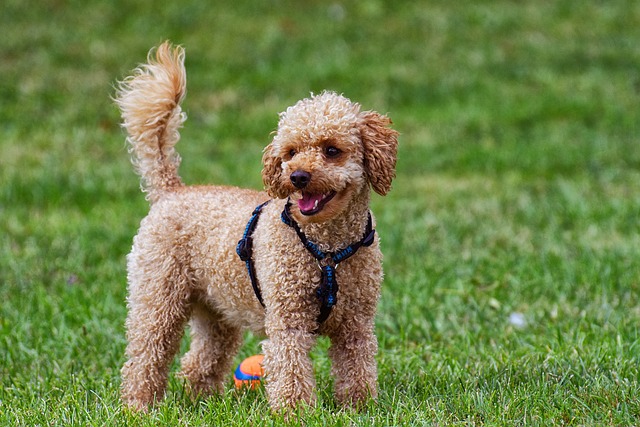
What is glaucoma in a dog?
You might notice your dog squinting more at mealtime or avoiding bright sunlight—these small changes could be early signs of a serious eye condition.
You’re halfway through your morning coffee when that unmistakable splatter echoes from the hallway. Your golden retriever sits innocently beside the mess, tail thumping. Diarrhea strikes without warning, but when your pup seems otherwise normal, a few vet-approved home strategies can often save the day (and your rug). Before you raid the pantry, let’s navigate safe solutions tailored for responsible pet parents.
Understanding why simple remedies work helps you act confidently. Your dog’s digestive tract reacts quickly to irritants—maybe those bacon scraps from yesterday’s BBQ, a sudden switch to grain-free kibble, or stress from construction noise next door. This irritation speeds up gut movement, flushing out water before nutrients absorb. When energy levels stay high, it’s likely a mild issue you can manage with patience and pantry staples.
Start with a 12-24 hour food fast for adult dogs—this gut rest is crucial. Never withhold water, though. Offer ice cubes or small licks of low-sodium chicken broth to maintain hydration. Plain canned pumpkin (not pie filling!) is a superstar remedy many U.S. vets recommend; its soluble fiber absorbs excess fluid. Stir 1-4 teaspoons into water. After fasting, reintroduce food gently with a bland diet: boiled white rice and skinless chicken (no oils or seasoning). For a 30-pound dog, try two tablespoons every 3-4 hours. Skip dairy—many dogs struggle to digest it.
Even during digestive chaos, remember your civic duties. Cities like Portland and New York enforce strict public poop scooping laws, with fines up to $250 for uncollected waste—especially messy diarrhea. Always carry extra biodegradable bags (double-bagging is wise!). Apartment dwellers should place washable mats near exits for emergency dashes, and respect community quiet hours. If late-night trips are needed, a quick text to neighbors shows consideration.

Cultural sensitivity matters too. Never scold or withhold water for accidents—this violates animal welfare principles and worsens stress-related tummy troubles. Instead, use positive reinforcement: offer enthusiastic praise and treats when your dog potties outside, even mid-diarrhea episode. For indoor mishaps, enzymatic cleaners break down odors without harsh chemicals.
Stay alert for red flags demanding immediate vet care. Blood in stool (red or black/tarry), vomiting paired with diarrhea, sudden lethargy, or pale gums mean call your vet now. Puppies and seniors dehydrate rapidly—seek help within 12 hours. With the right home care, community awareness, and kindness, you’ll navigate this messy moment while keeping tails wagging.

You might notice your dog squinting more at mealtime or avoiding bright sunlight—these small changes could be early signs of a serious eye condition.

Let’s set the scene: It’s a sweltering Phoenix afternoon—105°F outside—and you rushed your 2-year-old Lab mix, Cooper, on a quick walk to “get it over with.”

Let’s get real: You’re in your Miami apartment, watching your 3-year-old Corgi, Loki, struggle to climb the stairs to your second-floor unit.

Many dog owners brush off occasional scratching as just “dog behavior,” but persistent itching often signals something more—like a food allergy.

You might first notice your dog scratching more than usual—chewing at their paws until the fur looks thin, or rubbing their face against the couch nonstop.

Let’s be real: You’re standing in your Chicago apartment, watching your 3-year-old Beagle, Max, huff and puff just to climb onto the couch.